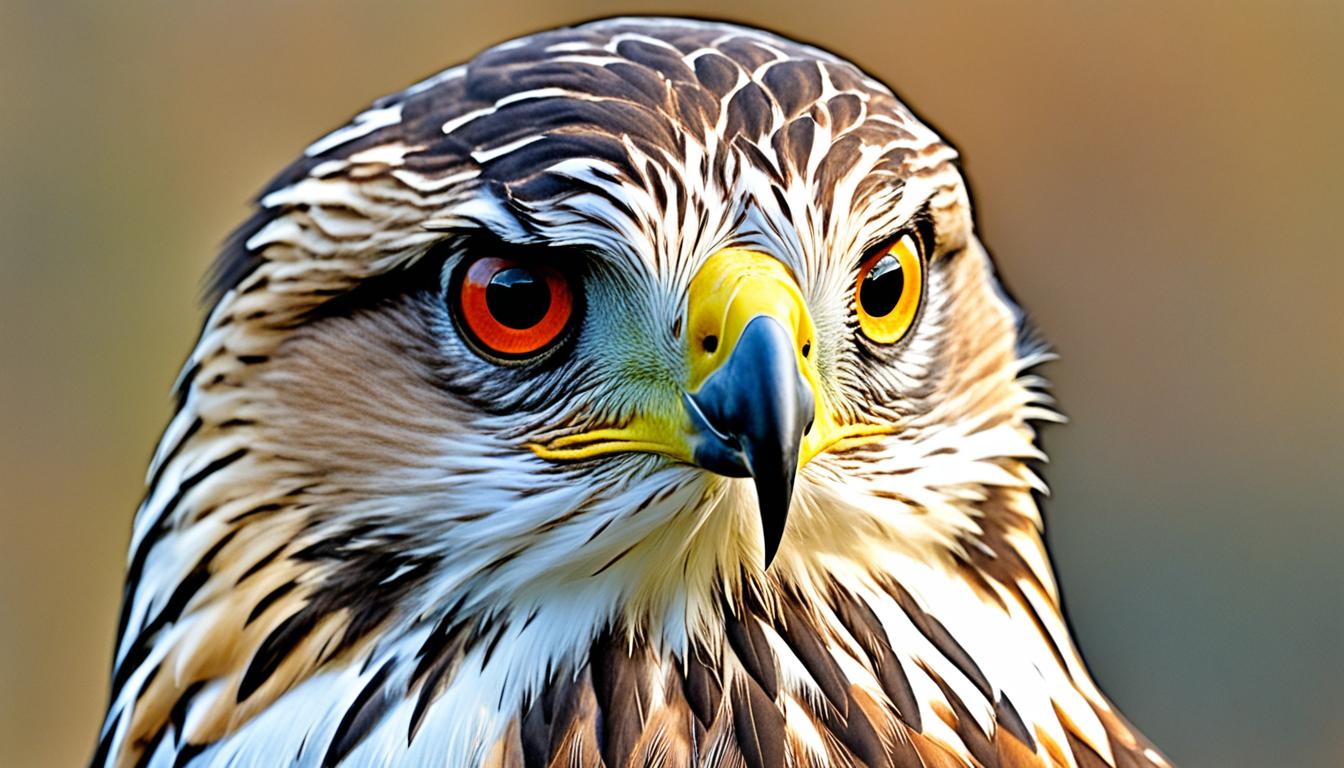Hippos live across most of sub-Saharan Africa in rivers, lakes, swamps and even the ocean. Found in sparse patches only, both species of hippo are endangered.

In Africa: Where Do Hippos Live?
Although the hippopotamus family’s prehistoric range was literally across the globe (hippo ancestors were once living in America) – hippos now only live in parts of Africa that have large rivers and high rainfall.
And there are only two remaining species: the Common Hippo (Hippopotamus amphibius) is huge – and is the traditional hippo you think of first – and their smaller cousin is the aptly-named Pygmy Hippo (Choeropsis liberiensis) – around a quarter of the size.
Both species used to be very widespread across Africa – found from Western Africa across to the Nile Delta and down both coasts to South Africa. Now, however, due to habitat loss and poaching, they are only found today in a handful of small pockets.
Remnant populations of Common Hippos are in less than half the continent’s countries; whereas Pygmy Hippos are believed to be living in only 4 countries now (as a subspecies in Nigeria was lost quite recently). The two hippos do overlap in a few places but won’t interbreed.
Which Habitats Do Hippos Like Best?
Pygmy hippos absolutely love to live in places that are well forested. With many adaptations to living in a heavily wooded area (less webbing on toes, smaller body, shorter front legs) and spending less time in deep water (smaller head with lower eyes and nostrils) – the Pygmy Hippo lives quite a different lifestyle to the Common Hippo.
Found living a mainly solitary life – this smaller cousin also eats anything off the forest floor, including fallen fruits – not the strict grass-based diet of the larger hippos. They do however both share the night-time feeding habit and the 16+ hours a day submerged in the cool African waters of streams, rivers, and lakes.
Common Hippos on the other hand love the open landscape and all those grasses.
Living in large groups (called a bloat of hippos) in slow-moving rivers and huge lakes – these giants spend most of their time totally submerged underwater to stay cool – even sleeping beneath the waves. They don’t care for dense vegetation as they need dry habitats for the best grass foraging. They eat around 50kg+ (110lb+) of food a night – and bearing in mind they often live in groups of 30-100 individuals – they need to live in places with A LOT of grass.

Do Hippos Eat Meat?
Both species of hippo are herbivores by nature. The Common Hippo is really almost 100% grass in preference, but the Pygmy has a much wider palate (mainly because there is less vegetation to choose from in a forest than there is out in the open).
However, there are stories of hippos eating meat from carcasses when they are hungry – even though they can’t really digest it properly as they don’t have the bacteria in the gut to do this. Although it won’t harm them in small amounts.
There are also stories of adult male hippos actually choosing to kill and eat other animals – although this is all anecdotal rather than reported extensively in biological literature. But there are many instances of herbivores (in general) eating meat when minerals in their diet are lacking – so it is possible. Added to that fact that hippos are totally grumpy enough to kill other animals – why wouldn’t they sometimes take advantage of that surplus energy?
Do Hippos Live in Groups (And what are they called)?
Yes, hippos do live in groups known as bloats. Similar to jellyfish group behavior and collective names, bloats consist of several hippos led by a dominant male. These groups provide social interaction, protection, and resources for hippos, just like how jellyfish form aggregations and have distinctive collective names.
What Are the Similarities and Differences in the Habitats of Skunks and Hippos?
Skunks and hippos have distinct differences and similarities in their habitats. Hippos dwell in Africa, specifically in sub-Saharan rivers and lakes. They are semi-aquatic animals, spending most of their time submerged in water to escape heat and predation. On the other hand, where do skunks make their homes? Skunks prefer various habitats, including woodlands, grasslands, and suburban areas, seeking shelter in dens or burrows. Despite their divergent habitats, both species adapt to their surroundings to ensure survival.
Can Hippos Live in the Marian Trench?
The Marian Trench, with its extreme depths and harsh conditions, is not a suitable environment for hippos or any other terrestrial animals in marian trench. This trench, located in the Pacific Ocean, reaches 36,070 feet deep. It is an aquatic abyss where only unique deep-sea creatures can withstand the pressure and darkness.
Can You Have A Pet Hippo?
Not really.
Not only are both endangered species so it would be extremely unlikely you could even get your hands on one if you were a certified zoo – they need more than the average enclosure – and strict criteria to meet. You might get away with a large back-yard enclosure for a Pygmy Hippo (if it were legal of course) but the space needed to house a group of 17ft (5m) adult Common Hippos is out of range of even most national zoos and wildlife parks (so not likely for an individual hippo lover.
Weighing in at over 3000lbs (1400kg) a piece – adult hippos need to eat about a trailer-full of grass (or other suitable vegetation) every day – something that would soon set you out of pocket – as well as setting up that slow-moving waterway for them to sleep in all day.
They also can’t be toilet trained – and have the terrible habit of spreading their poop around everywhere with their tail. Not ideal around the house.









